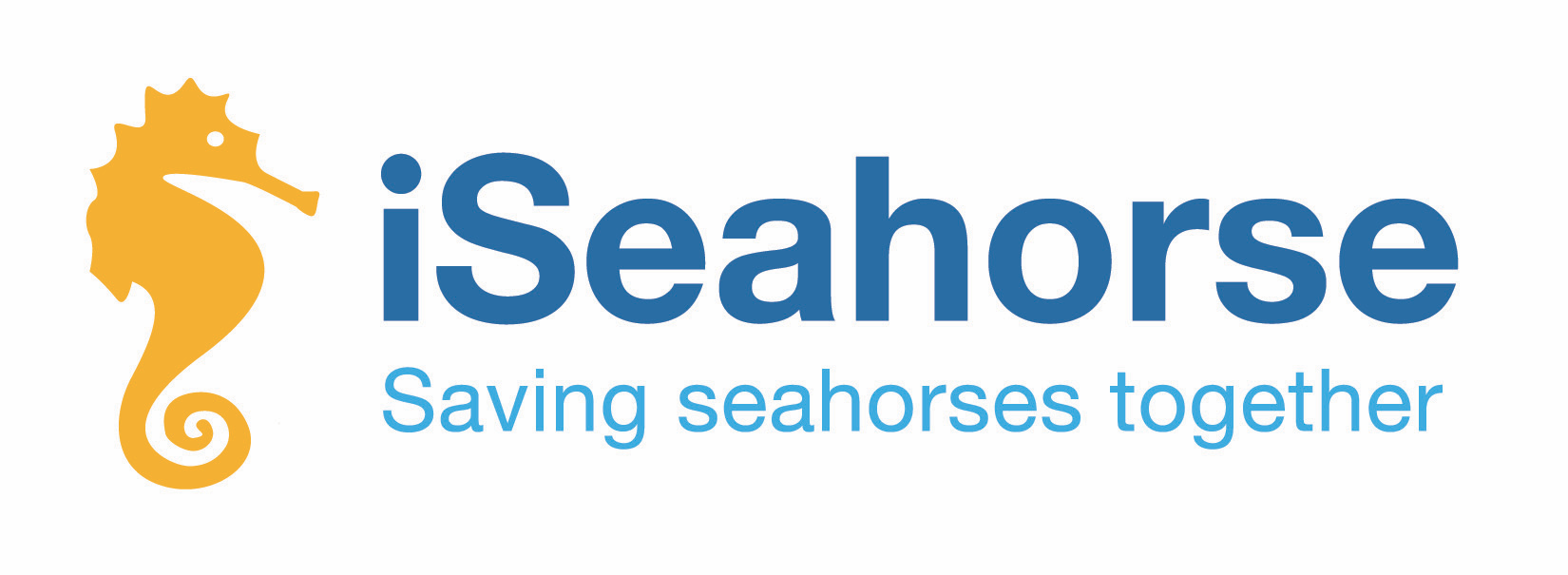Avoid eating shrimp
Did you know? One of the simplest, most effective things you can do to help save seahorses — and protect vital marine habitats around the world — is to avoid eating farmed or trawled shrimp.
The Facts
Most shrimp (also known as prawns) sold in supermarkets and restaurants are caught by fish trawlers or cultivated in shrimp farms.
The problem is that, every year, shrimp fishing and farming destroy large swaths of coastal marine habitat, depriving seahorses and other marine animals of the seagrasses and mangroves on which they depend.
Shrimp Farming
Shrimp farming has destroyed thousands of miles of coastal habitats around the world — particularly mangrove forests, which are nursery grounds to many species of fish, and home to many seahorses. The cultivation ponds are a source of coastal pollution and can impact local communities which depend on fishing for their livelihood. Shrimp farming is undertaken largely in Asia and Latin America, regions with the highest diversity of seahorse species, and the highest proportion of threatened seahorses.
Shrimp Trawling
Trawling is even more destructive. Every year, trawlers drag an area of seabed twice the size of the continental United States. Put in another context, the total area of seabed trawled each year is nearly 150 times the area of forest that is clearcut. Trawlers sweep large nets along the ocean bottom, catching shrimp but also everything else in their path, tearing up the seafloor and delicate marine ecosystems in the process.
Approximately 2.2 million seahorses are caught in trawl nets every year. Project Seahorse’s latest trade surveys reveal that shrimp trawling affects seahorse populations in 18 countries around the globe, primarily in Asia and Latin America, but also the USA.
For every kilogram of shrimp on our plates, an average of 10 kilograms of other marine life is unintentionally caught, only to be turned into fishmeal or dumped overboard dead or dying.
How You Can Make a Difference
Avoid eating farmed or trawled shrimp. Sourcing them from certified organic farms is one way to enjoy responsibly.
Consumer guides can help point you in the right direction:
Also check out the Environmental Justice Foundation's reports on shrimp trawling and farming:
